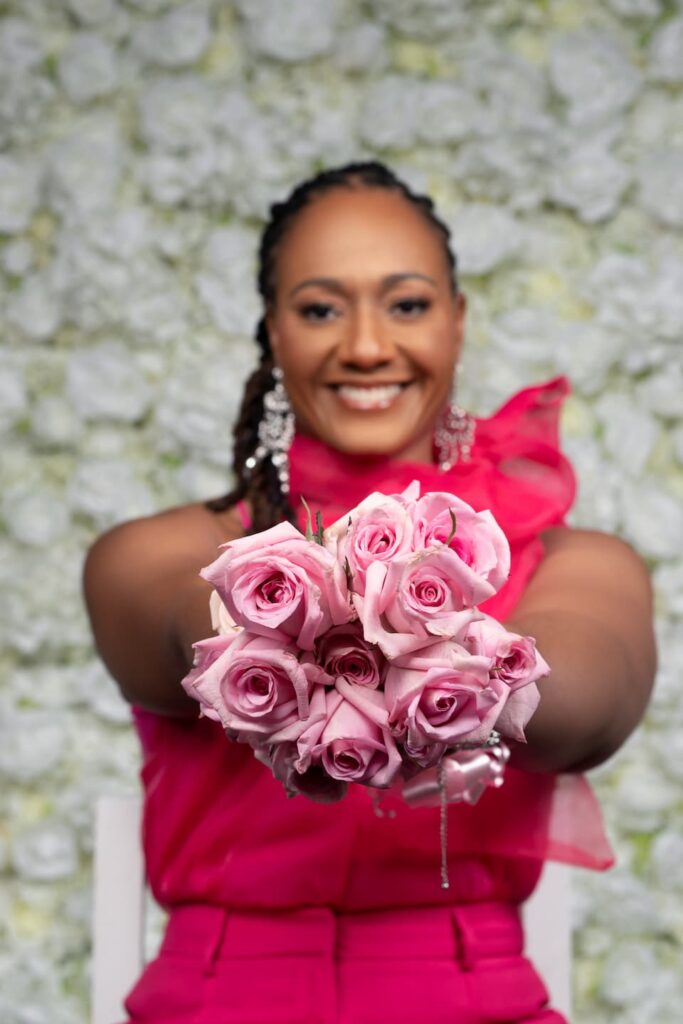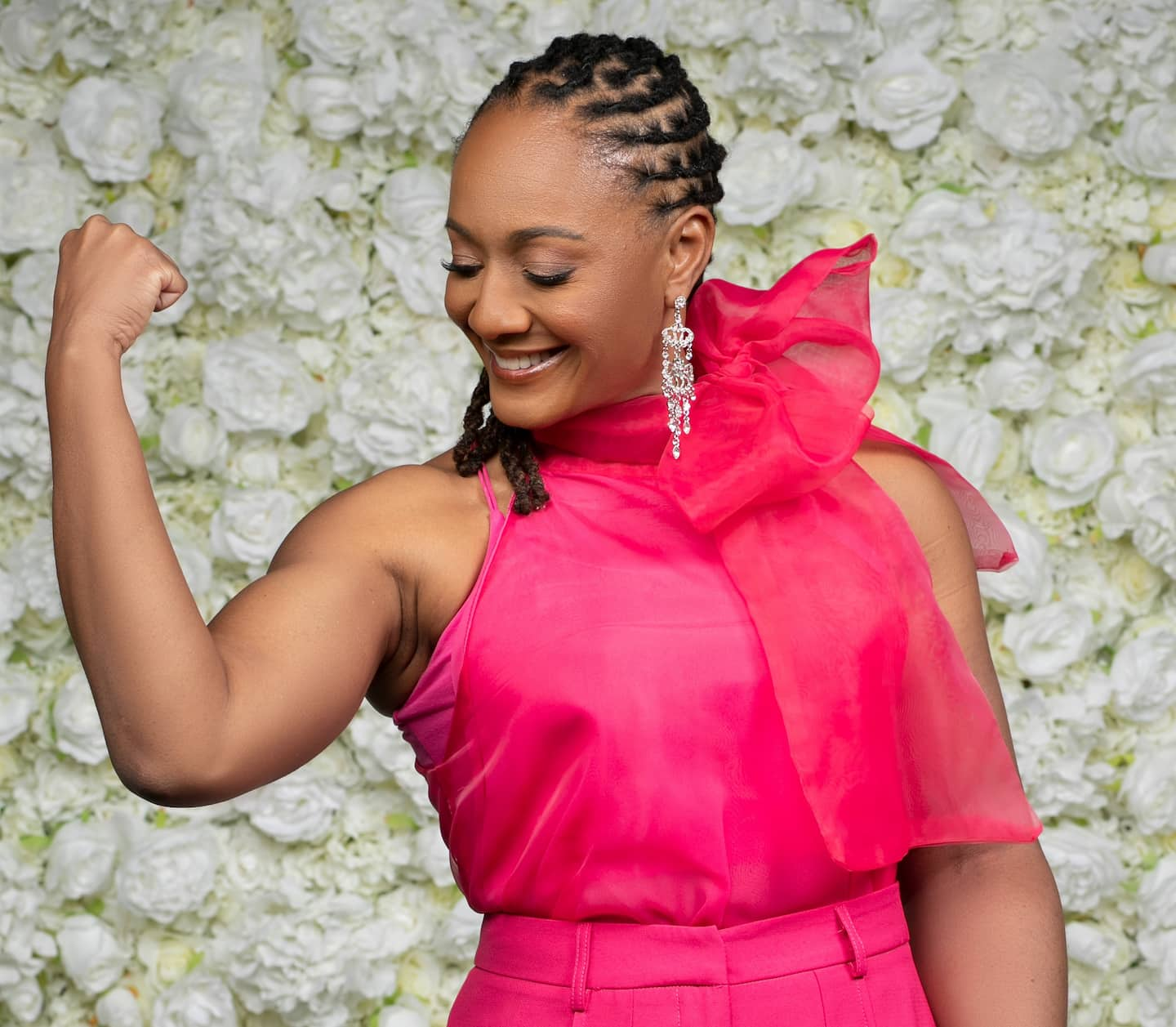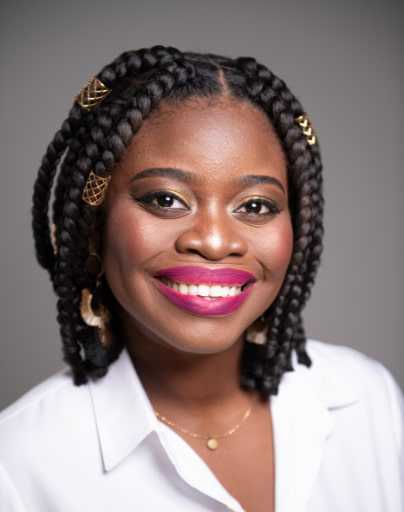
The Pathology Department at the University Hospital of the West Indies estimates that the average cost of treating breast cancer in Jamaica ranges from $3 million to $15 million.
When Najah Peterkin was diagnosed with breast cancer at the age of 31, her concerns were not just about beating the disease. Seeing the costs of treatments, doctor visits, surgeries, tests and medications stack up in no time, she was beyond grateful for the financial cushion provided by her critical illness insurance policies.
“To be honest, getting breast cancer was the furthest thing from my mind at that stage of my life,” shared Peterkin, vice-president of customer experience and organisational health at NCB Capital Markets Limited. “When you’re young, you feel as if you are immune to everything, but the sad reality is, breast cancer can affect anyone at any age. So early detection is very important, as well as financial preparation.”
Armed with lessons from her experience with the disease, Peterkin urges women to include financial planning as part of their early-detection strategy. She credits her ability to survive breast cancer to the life and health insurance policies she opened during her younger years.
“At the time when I got these policies, it was simply to have them. I never thought I would end up having to use them that early in life,” she explained.
Peterkin added, “Breast cancer can quickly put a family into deep financial distress due to the high cost of treatments and procedures, like CT scans and radiation therapy. It’s a high-cash scenario, and you need to have the funds on hand to get the care you need. I have seen people take longer to get rid of breast cancer because of financial constraints.”
She also noted that the monthly payments are significantly lower when insurance policies are created at a younger age. “You pay significantly less for a critical illness policy when you are young. The monthly payments are [much] more manageable, and young [women] should take advantage of the significant coverage they can get at a lower monthly cost,” Peterkin noted.
With breast cancer cited as the most common cancer among Jamaican women, Peterkin encourages people to get tested early and start their financial preparations as early as possible.
“To receive an early diagnosis of breast cancer and not be able to afford to do anything about it is a travesty,” Peterkin observed. “You never know what the future holds, so it’s best to be prepared for whatever comes. Start a monthly saving plan, put your money into long-term, high-yield instruments you can’t touch easily, and invest in insurance, especially critical illness plans. You want to ensure that if you need it, you don’t get caught without it.”
Anntonette Cowan-Palmer, regional manager at NCB Insurance Agency and Fund Managers, reiterated the importance of starting critical illness planning very early: “There is no need for persons to face the cost alone. An 18-year-old [woman] taking $1 million in coverage can pay less than $700 for her monthly premiums. Contrastingly, a 45-year-old will have to pay almost $2,500 in monthly premiums, so we encourage everyone to start planning for any eventualities as early as possible.”
Cowan-Palmer added, “Critical illness coverage is also extremely accessible and quite affordable. In many instances, no medical is required, and where there is no claim on the policy, there is a refund of premiums when the plan expires.”

